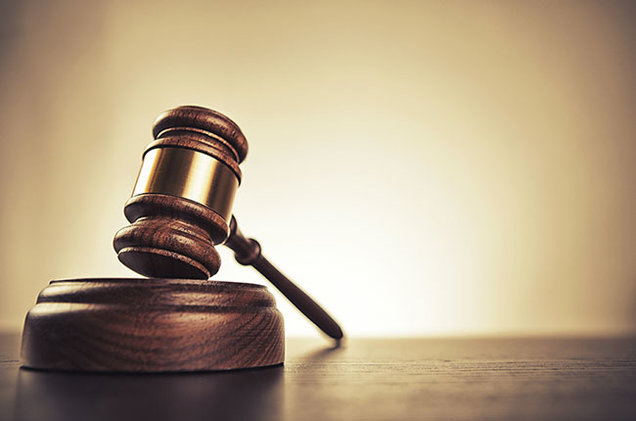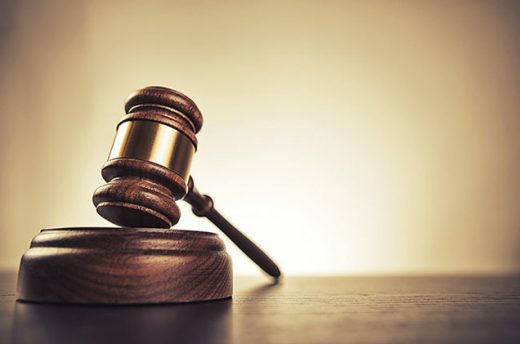Vimeo Wins Copyright Battle Over Golden Oldies
by Wendy Davis, , Staff Writer @wendyndavis, June 16, 2016

A federal appellate court in New York handed Web companies a big victory today in a battle over older music.
The decision stemmed from a seven-year battle between Vimeo and Capitol Records over clips uploaded by users. Capitol argued that Vimeo was responsible for copyright infringement when users uploaded clips that incorporated copyrighted music.
Vimeo countered that it was protected by the Digital Millennium Copyright Act’s safe harbor provisions, which broadly say that Web platforms aren’t liable for infringement by users, as long as the sites take down infringing material upon request.
But Capitol Records said the DMCA doesn’t apply to music that was recorded before 1972. The company’s argument hinges on language in the Copyright Act stating that the DMCA doesn’t “annul” or “limit” common law copyright protections for pre-1972 sound recordings.
U.S. District Court Judge Ronnie Abrams in New York accepted Capitol’s contentions and granted partial summary to the company for videos that allegedly infringed pre-1972 recordings.
Today, a three-judge panel of the 2nd Circuit reversed Abrams, ruling that Capitol’s interpretation of the law “would defeat the very purpose Congress sought to achieve.”
“Service providers would be compelled either to incur heavy costs of monitoring every posting to be sure it did not contain infringing pre-1972 recordings, or incurring potentially crushing liabilities under state copyright laws,” the appellate judges wrote. “It is not as if pre-1972 sound recordings were sufficiently outdated as to render the potential liabilities insignificant. Some of the most popular recorded music of all time was recorded before 1972, including work of The Beatles, The Supremes, Elvis Presley, Aretha Franklin, Barbra Streisand, and Marvin Gaye.”
That conclusion is in line with arguments made to the court by Vimeo and digital rights advocates, including the Electronic Frontier Foundation. They said Congress enacted the safe harbors to enable companies to allow users to post material dynamically. If the safe harbors don’t apply across the board, companies would have to vet all clips in advance, to make sure that they don’t include pre-1972 recordings, Vimeo and its supporters said.
Today’s decision preserves Web companies’ ability to offer interactive platforms, according to Santa Clara University law professor Eric Goldman. “If pre-1972 sound recordings were outside the DMCA, the DMCA would become worthless,” he tells MediaPost.
The ruling isn’t a complete surprise, given that some of the judges signaled last year that they were inclined to side with Vimeo. Circuit Judge Gerard Lynch said at a hearing last year that eliminating safe harbor defense for pre-1972 music “will impose precisely the burden that Congress intended to lift” from companies like Vimeo.
The appellate court also sided with Vimeo on another point of contention — whether it should lose the safe harbor protection for videos that had been viewed by an employee. The safe harbors contain some exceptions, including one that applies when companies are aware of infringing material on the site.
Abrams originally ruled that Vimeo was potentially responsible for hosting 18 clips that used “well known” music and appeared to have been viewed by at least one company employee.
But the 2nd Circuit said today that evidence showing a Vimeo employee viewed a video doesn’t in itself deprive the site of immunity.
“The fact that music is ‘recognizable’ … is insufficient to demonstrate that the music was in fact recognized by a hypothetical ordinary individual who has no specialized knowledge of the field of music,” the judges wrote.
“Some ordinary people know little or nothing of music. Lovers of one style or category of music may have no familiarity with other categories. For example, 60-year-olds, 40-year-olds, and 20-year-olds, even those who are music lovers, may know and love entirely different bodies of music, so that music intimately familiar to some may be entirely unfamiliar to others.”
This isn’t the first time the 2nd Circuit has sided with tech companies in copyright disputes. The same court also ruled that Google didn’t infringe copyright by digitizing books and displaying snippets of them in search results, and that Aereo didn’t infringe copyright by streaming over-the-air TV shows to consumers’ smartphones and tablets. The Supreme Court ultimately reversed the Aereo ruling, but let stand the decision in Google Books.
MediaPost.com: Search Marketing Daily
(32)


